VILenin - a great thinker, an outstanding political theorist, a brilliant leader of the world communist movement, made great contributions to the cause of fighting for peace , independence, freedom for nations, and for the happiness of all mankind. The legacies that Lenin left for all progressive mankind are extremely great in both theoretical aspects and from his own revolutionary activities. For the Vietnamese revolution, VILenin's thoughts are not only a torch lighting the way for the national liberation revolution to reach final victory, but also continue to guide every step in the journey of building and defending the socialist Fatherland of Vietnam in the new situation.
In order to carry out the plot to deviate from socialism in Vietnam today, one of the goals that hostile forces are focusing on is to demand the elimination of the sole, direct, comprehensive, absolute, and all-sided leadership of the Communist Party of Vietnam over the Vietnamese revolution.
Based on the dialectical materialist stance, Marxism-Leninism affirms that in the relationship between economics and politics , it is true that politics is a reflection of economics, economics determines politics, and changes in political life ultimately originate from changes in economic life.
To achieve this goal, the propagandists spread the argument: The Communist Party of Vietnam takes Marxism-Leninism as its ideological foundation, according to which politics arises on the basis of economics , reflects economics, and politics is determined by economics. Therefore, according to them, in the period of renovation, Vietnam is implementing the policy of developing a multi-sector economy with many forms of ownership, so according to the law that economics determines politics, Vietnam must carry out political pluralism and multi-party opposition; only by carrying out pluralism and multi-party representation of the interests of different classes and forces in society can democracy be truly guaranteed and the people's mastery promoted. This is a baseless distortion and is also inconsistent with the Marxist-Leninist viewpoint on the relationship between economics and politics.
Based on the dialectical materialist stance, Marxism-Leninism affirms that in the relationship between economics and politics, it is true that politics is a reflection of economics, economics determines politics, and changes in political life ultimately originate from changes in economic life.
However, on this issue, Lenin affirmed: "Politics is the concentrated expression of economics"; "politics is economics condensed".
Here, V. Lenin pointed out that: politics reflects economics and is ultimately determined by economics, but politics is not a mirror of economics in the sense that whatever economics has, politics must have. That is, politics does not reflect all the extremely rich, diverse, and complex relations of economics, but only reflects the most characteristic core relations of economics, which are the relations of production, the most central of which is the relations of ownership of means of production. Therefore, when looking at any country or nation, based on the dominant relations of production and the dominant, dominant relations of ownership in the economy, we can clearly identify the nature of that country's political regime. Accordingly, an economy dominated and controlled by private ownership (the minority of the ruling class holds the main means of material production in society) cannot necessarily have a truly democratic political system for all classes and strata in society, but it is only a democracy for the minority of the ruling class. On the contrary, only when the public ownership system plays a leading and dominant role in the economy (all classes together own the main means of material production) can there be a basis for building a truly democratic political system for all classes, strata, and people in society.
From here, C. Marx, F. Engels, and V. Lenin argued that to have a truly progressive democracy for all social classes, it must be based on public ownership of the means of production. As long as this is not achieved, the nature of the political regime will not change, no matter what form it exists in.
From V. Lenin's thesis, looking at the reality of Vietnam in the renovation period, we can see that: entering the renovation period, our Party advocated the restoration of the economic structure with many sectors and many forms of ownership and considered this a characteristic throughout the transition period to socialism in Vietnam. This was affirmed right from the 6th Congress (1986) - the Congress marked the Party's profound and comprehensive renovation policy in all fields: "considering the multi-sector economic structure as a characteristic of the transition period".
However, the point to note here is that Vietnam's economic sectors do not develop freely but develop according to a common orientation - a socialist orientation with the domination of the public ownership regime over the main means of production and the leading position of the state economy. This policy has been consistently expressed since the first Congresses of the renovation period: Congress VII: "consistently implementing a multi-sector economic policy following a socialist orientation"; Congress VIII: "developing a multi-sector economy, operating according to a market mechanism with State management following a socialist orientation". And right in the Platform for national construction in the transitional period to socialism approved by our Party at the 7th Congress in 1991, one of the 6 characteristics of socialism that Vietnam builds is also clearly stated: "Having a highly developed economy based on modern productive forces and public ownership of the main means of production". Therefore, the general economic model that Vietnam chooses in the transitional period to socialism is a socialist-oriented market economy with the basic characteristic: linking economic growth with the implementation of social progress and equity in every step, every policy and throughout the development process, ensuring that economic growth results must serve the interests of all people for the goals of socialism - a rich people, a strong country, democracy, equity, and civilization.
This was clearly affirmed by the Party in the XIII Congress Document summarizing 35 years of national renovation: "The socialist-oriented market economy is the general economic model of our country in the transition period to socialism. It is a modern market economy, internationally integrated, fully and synchronously operating according to the laws of the market economy, managed by the socialist rule-of-law state, led by the Communist Party of Vietnam; ensuring socialist orientation for the goal of "rich people, strong country, democracy, fairness, civilization" suitable to each stage of the country's development".
Thus, with a common economy developing in a unified socialist direction with the domination of the public ownership regime on the main means of production and the leading position of the state economy, having a single ruling Party, leading the State, the revolution and society - the Communist Party of Vietnam - "The vanguard of the working class, at the same time the vanguard of the working people and the Vietnamese nation, the loyal representative of the interests of the working class, the working people and the entire nation" - inevitably still follows the economic law that determines the nature of the political regime as the classics of Marxism-Leninism have pointed out and is also completely true to the viewpoint of V. Lenin. At the same time, it is necessary to deeply perceive the fact that pluralism and multi-party are not identical with democracy and political monism, a ruling party is not identical with anti-democracy as what hostile forces still preach and propagate. Democracy or not, how democratic it is and whether that democracy is for whom, for a class or the whole society, ultimately depends on the nature of the economic regime, especially the ownership regime, as Lenin pointed out.
In reality, it can be seen that in many capitalist countries today, a multi-party system is being implemented, but in these countries, the dominant production relations are still capitalist production relations and the dominant ownership regime is still capitalist private ownership of the means of production, meaning that the minority of the ruling bourgeoisie still holds the main means of material production in society. Therefore, corresponding to the private ownership regime of the means of production, the political system in capitalist countries cannot become democratic politics for the social classes, but it is only bourgeois democracy for the ruling class in society, and inevitably, although many political parties coexist, the ruling party, holding the decision-making power, is still the party of the bourgeoisie. And inevitably, on the basis of private ownership of the means of production, the bourgeois state has no basis to become a state of the people, by the people, for the people as many bourgeois scholars today still affirm, but in the end, that state mainly represents the rights and interests of the bourgeois class.
For Vietnam, although we develop a multi-sector economy with many forms of ownership, in which the state economy plays the leading role in leading other economic sectors to develop in the direction of socialism and the public ownership regime plays the dominant role, therefore, corresponding to such an ownership regime, Vietnam has the basis to build a truly progressive democracy for all people - socialist democracy, with the basis to build a state that is truly of the people, by the people, for the people. From the above analysis, it can be affirmed that the ideology of Marxism-Leninism in general, and the ideology of V. Lenin in particular, are still continuing to accompany the entire Party and the entire Vietnamese people in the cause of building socialism, continuing to illuminate and guide the struggle to refute erroneous and hostile viewpoints, to protect the Party, to protect the socialist regime.
Source


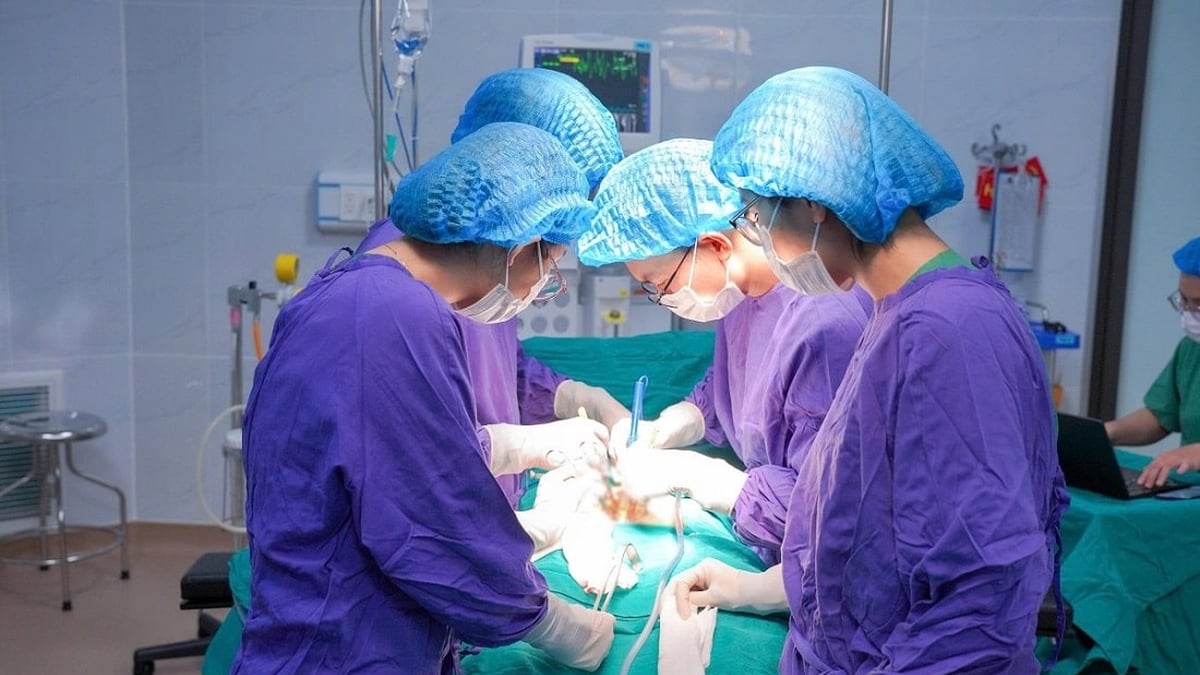
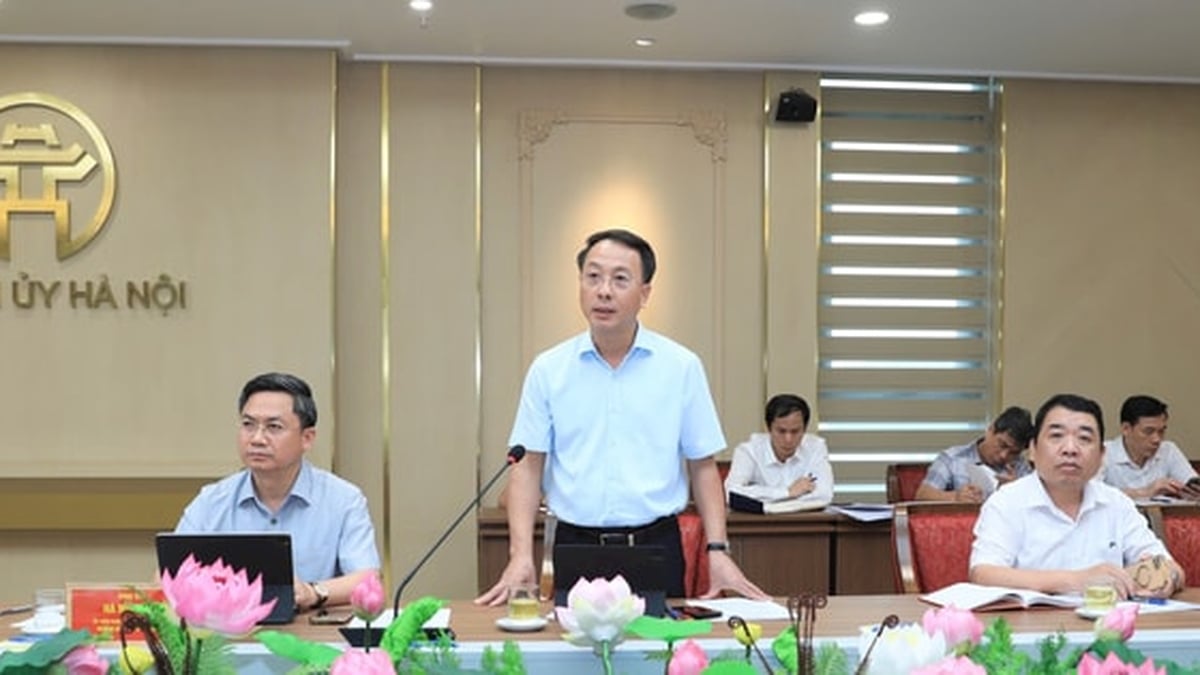


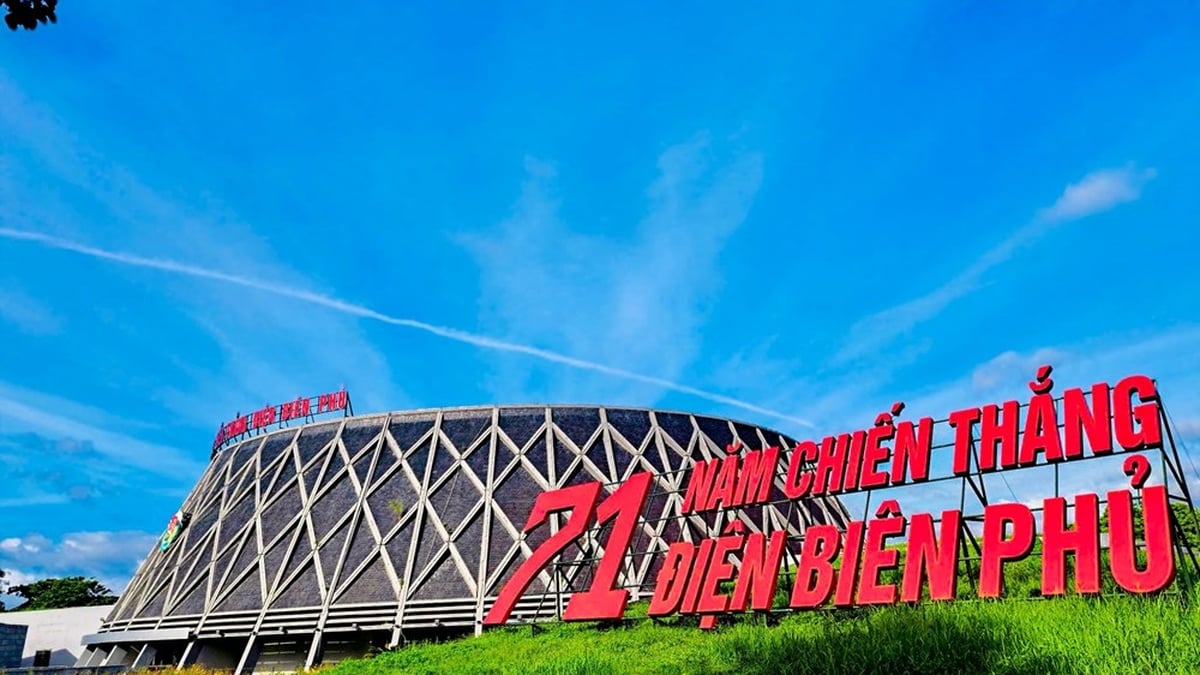
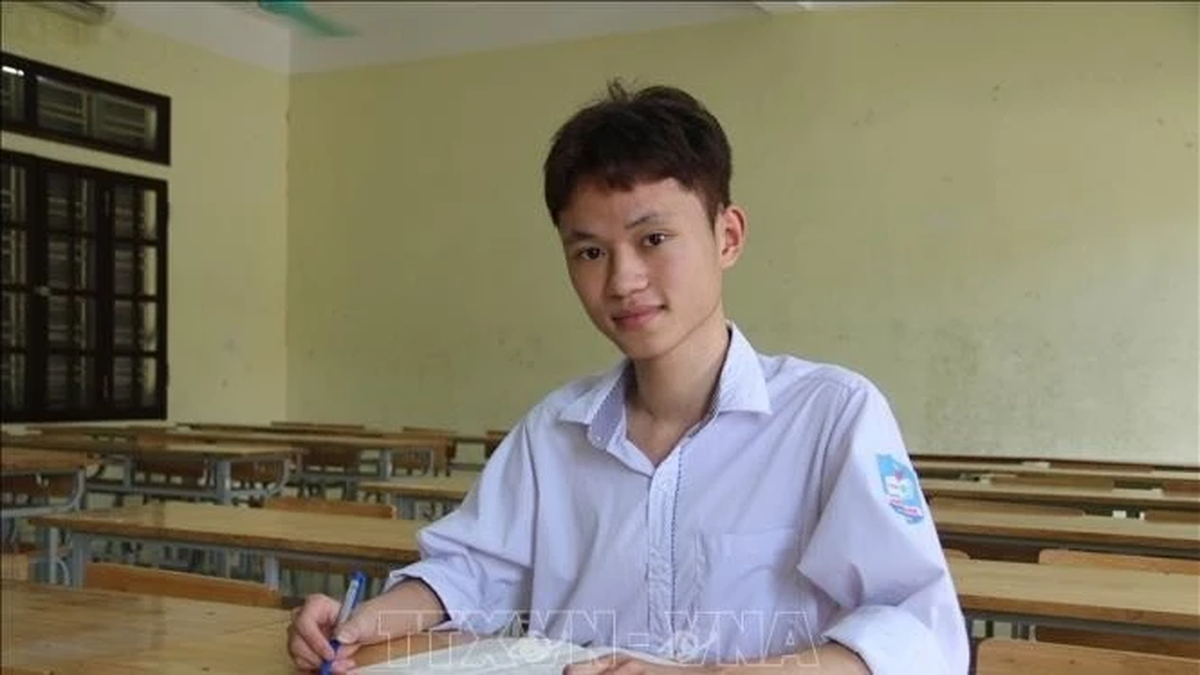
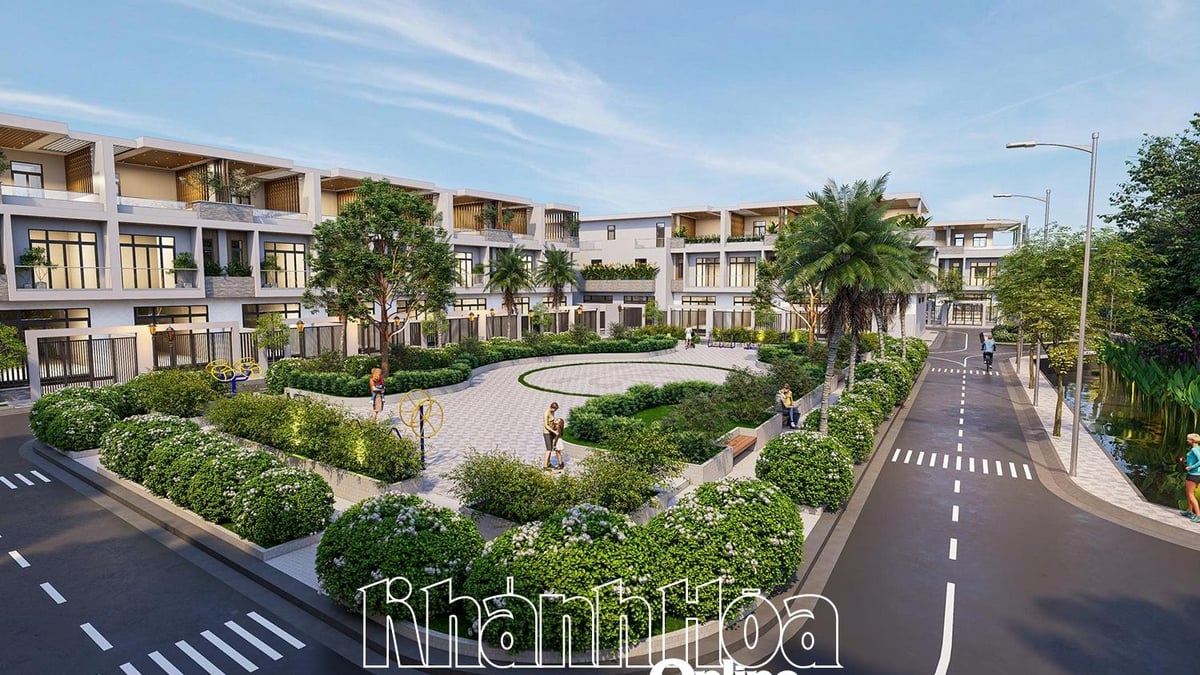
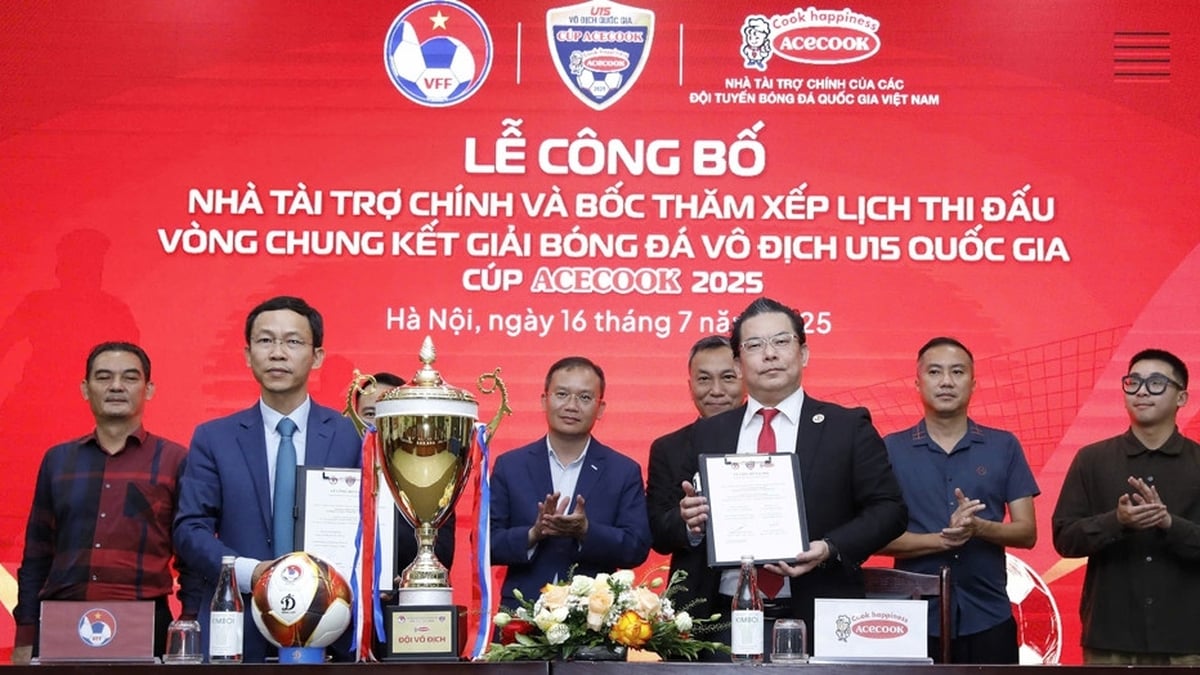










































![[Maritime News] More than 80% of global container shipping capacity is in the hands of MSC and major shipping alliances](https://vphoto.vietnam.vn/thumb/402x226/vietnam/resource/IMAGE/2025/7/16/6b4d586c984b4cbf8c5680352b9eaeb0)












































Comment (0)